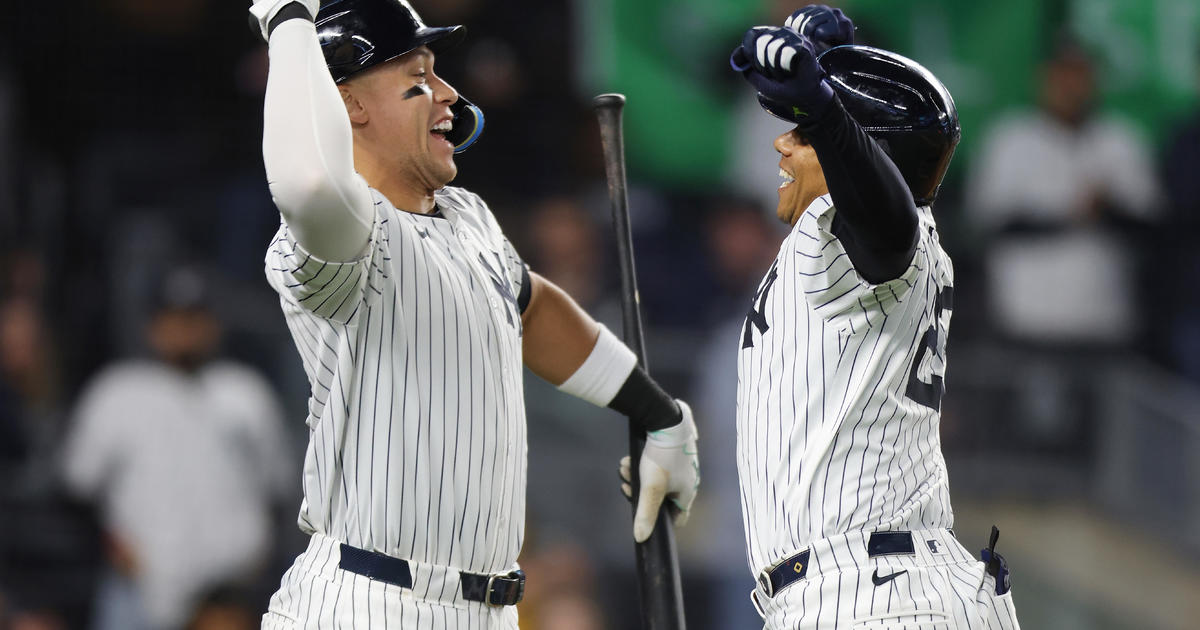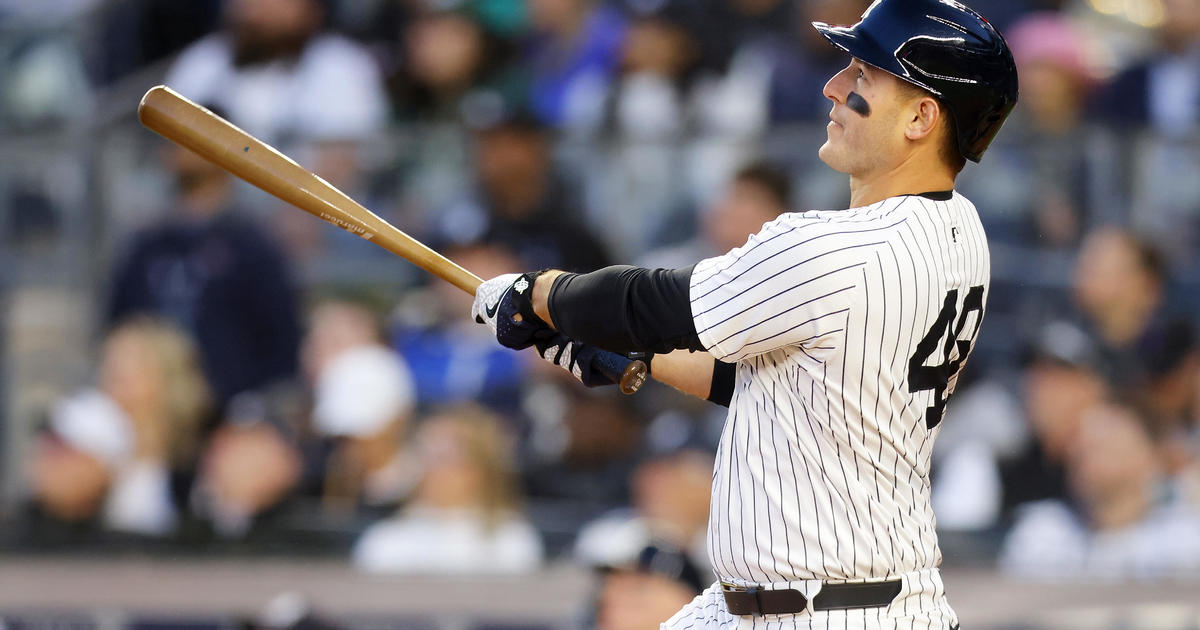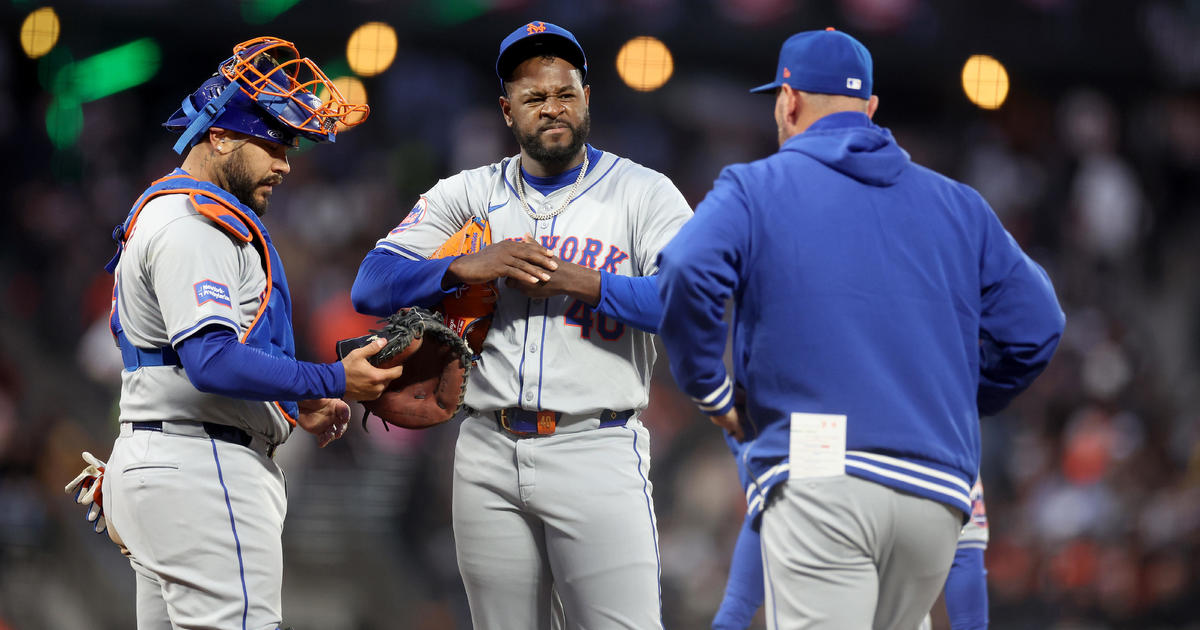Hartnett: Surefire Hall Of Famer Martin St. Louis Thrived In A Big Man's Game
By Sean Hartnett
» More Columns
There are good players, there are great players, and then there is the rarest of player who creates an everlasting legacy. Recently retired winger Martin St. Louis falls into the third bracket.
When St. Louis made his NHL debut with the Calgary Flames in 1998, he was thrown into the peak of the dead puck era. At 5-foot-8, St. Louis carried the torch for overlooked, undersized players that were being stamped out of a league that favored limited-skilled players of a larger frame.
It was a time when stars were being punished by clutching, grabbing and relaxed officiating. The era had reached a low point when a much larger man -- 6-foot-4, 235-pound Pittsburgh Penguins legend Mario Lemieux -- was forced to take a three-and-a-half year sabbatical because of the league failing to protect its stars. To sign a player of St. Louis' frame was considered a roll of the dice.
You had to be really good to survive in the dead puck era. After two up-and-down seasons in Calgary, a newly installed management team gave up on St. Louis. He was exposed in the 2000 NHL Expansion Draft. After going unclaimed, the Flames bought out St. Louis.
St. Louis would eventually change the perception of undersized players after signing on with the Tampa Bay Lightning in 2000. His incredible hockey sense and unpredictability would shine through as he adapted to life in The Sunshine State. St. Louis would become a six-time All-Star, a two-time Art Ross Trophy winner and a one-time Hart Trophy recipient.
"I'd like to say that I was part of that, of being able to see players not so much for their size, but for the athlete and the hockey player that they are," St. Louis said on Monday, speaking for the first time since his July 2 retirement.
Modern diminutive stars like Rangers winger Mats Zuccarello, Lightning center Tyler Johnso and Flames winger Johnny Gaudreau owe a debt of gratitude to St. Louis and 5-foot-6 entertainer Theo Fleury for paving the way.
"I know a lot of shorter guys around the league, I get a chance to meet them," St. Louis said. "Yeah, I was probably their idol at one point, and they're going to be somebody else's idol at some point. That's the beauty of the game. The wheel keeps turning. Guys are leaving, guys are coming in, and you try to affect the game and leave your mark as you go through. I think I've done that."
Against the grain of a league that favored burly, physical forwards, St. Louis excelled in the dead puck era. His Hart Trophy-winning season of 2003-04 came before the 2004-05 lockout ushered in rule changes that favored creativity, skill and increased scoring. St. Louis played an integral role in helping Tampa Bay to its first Stanley Cup championship in 2004, recording 24 points in 23 playoff games. In addition to Hart Trophy honors, he shared the NHL lead in plus-minus and was voted by players as the league's most outstanding player.
"It's nice to see the quality of play, the speed, the creativity," St. Louis said of the modern game. "The league is just allowing the best hockey player that's out there -- not so much the best one that's over a certain height. I think that's a big result into the quality of play."
On Monday, St. Louis thanked former Lightning head coach John Tortorella and former Tampa Bay general managers Rick Dudley and Jay Feaster for believing in him.
"Tampa is where I grew up as an athlete," St. Louis said. "I came in trying to make a name for myself, trying to get a full-time job in the league, trying to be the player I know I can be. Every year, I got better there. It's like I grew up there.
"Rick Dudley, Jay Feaster, John Tortorella, they really got my career started. A nd it got better quick. I finally had people who believed in me. It took off because people helped me along the way. I think everybody needs somebody to believe in them and help them along the way, and I had that and I think it allowed me to play a long time."
Through it all, St. Louis played with grace and sportsmanship that would have made gentle giant Jean Beliveau proud. St. Louis was frequently one of the league's least penalized players and was awarded the Lady Byng Trophy three times. St. Louis was grateful to rub shoulders with Beliveau at various points of his career and followed the gentlemanly example set by "Les Gros Bill."
"Thankfully, I was able to meet him a bunch of times as a pro," St. Louis said after Beliveau's December 2 passing. "He was a true gentleman and a role model for a lot of people on how to conduct yourself and how to treat people."
As for his Hall of Fame credentials, St. Louis did not get drawn into the debate. All the individual achievements and accolades are there, befitting of a Hall of Fame induction. St. Louis retires with 1,033 points in 1,134 career regular-season games and 90 points in 107 career playoff games. In addition to his Stanley Cup ring, St. Louis helped Canada to the 2004 World Cup of Hockey championship and a 2014 Olympic gold.
"I don't think anybody is going to sit up here and say, 'Yes, I'm a Hall of Famer,'" St. Louis said. "People are going to analyze my career any which way they want. For me, I'm proud of how I played this game, how I came in and how I'm leaving. Whatever that gets me, if that gets me in the Hall of Fame, that's out of my control. I'm proud of the way I came in and I'm proud of the way I'm leaving. The rest is not up to me."
Most of all, he will be remembered for carving a route to success for undersized skill players through his sheer competitiveness and legendary work habits. St. Louis truly earned everything he achieved in his decorated 16-year career because he worked harder than the next guy to reach an elite level.
"I never felt that something was given to me," St. Louis said. "I felt I earned everything I got in this league."
Follow Sean on Twitter @HartnettHockey.



